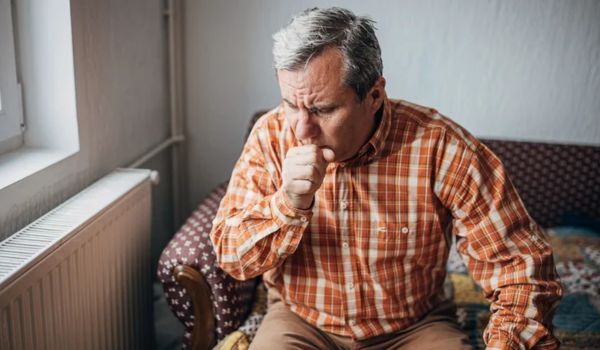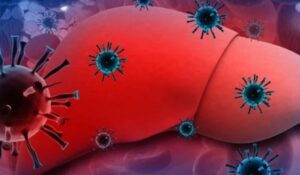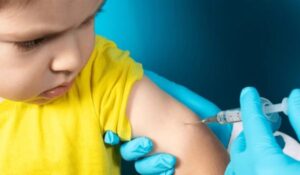About Pneumonia
Saving lives is a natural priority for human society. Ground realities however, often cast doubt over this noble idea. Childhood pneumonia is a killer illness that challenges the doctrine of life being precious. For a completely preventable and treatable infection to be a leading cause of death among children is deplorable and that is why, when a child dies of pneumonia, the humane intention to always save lives is very seriously in question.
Pneumonia and Acute Respiratory Infections (ARI) being such a major cause of morbidity and mortality is a public health paradox, because preventing these deaths and protecting children from succumbing to pneumonia is very much an achievable goal. But something is amiss. There are critical gaps, fuelled by ineptitude, inefficiency and a grave lack of concern, that are keeping the world from being able to stop the loss of such young lives. Data suggest that in the year 2017, India has lost 20 children to pneumonia every hour – this is an appalling and disturbing statistic.
Pneumonia is closely related to the most severe forms of acute respiratory infections, or ARIs. Most of these infections are limited to the nose and throat (the upper-respiratory tract). Acute lower respiratory tract infections, the most widely used classification in health surveys, refer to all infections extending into the chest, including bronchiolitis and pneumonia cases, where infection extends into the lung tissue. Pneumonia is a form of acute lower respiratory tract infection that occurs when viruses, bacteria or other micro-organisms cause inflammation of the lungs. Most severe or fatal pneumonia is caused by bacteria.
A higher proportion of deaths due to pneumonia among children under 5 is occurring in low-income and lower-middle-income countries. It is clear that there has been progress in controlling pneumonia – the world has recorded a 51% decrease in pneumonia mortality over 15 years, from 2000 to 2015; however, sustained and concerted actions are required to bring further reduction in deaths due to pneumonia that are potentially preventable and treatable.
Causes of Pneumonia
Pneumonia can be triggered by different pathogens, including:
– Bacteria: Streptococcus pneumoniae.
– Viruses: Influenza, respiratory syncytial virus (RSV), and COVID-19.
– Fungi: More common in individuals with weakened immune systems.
– Mycoplasmas: Have characteristics of both bacteria and viruses.
Symptoms of Pneumonia
Common symptoms include:
– Persistent cough-producing mucus
– Fever, sweating, and chills
– Shortness of breath
– Chest pain that worsens with breathing or coughing
– Fatigue and loss of appetite
– Nausea and vomiting, especially in children
– Confusion, particularly in older adults
Diagnosis of Pneumonia
Diagnosis typically involves:
– Physical Exam: Listening to the lungs.
– Chest X-ray: To identify inflammation.
-Blood Tests: To detect infection.
– Sputum Test: Analyzing lung mucus.
– Pulse Oximetry: Measuring blood oxygen levels.
Treatment of Pneumonia
Treatment varies based on the cause:
– Bacterial Pneumonia: Antibiotics.
– Viral Pneumonia: Antiviral medications.
– Fungal Pneumonia: Antifungal treatments.
– Supportive Care: Includes rest, fluids, and over-the-counter medications for pain and fever.
Prevention of Pneumonia
Prevention strategies include:
– Vaccination: Pneumococcal vaccine and annual flu vaccines.
– Good Hygiene: Regular handwashing.
– Healthy Lifestyle: Balanced diet, regular exercise, and adequate sleep.
– Avoid Smoking: Smoking damages the lungs.
Vaccination for Pneumonia
In India, the pneumococcal conjugate vaccine (PCV) is part of the National Immunization Schedule and is provided free at public health facilities for infants and young children. The vaccination schedule is:
– First Dose: At 6 weeks.
– Second Dose: At 14 weeks.
– Booster Dose: At 9 months.
Adults, especially those over 65 or with chronic health conditions, are also recommended to get the pneumococcal vaccine.








